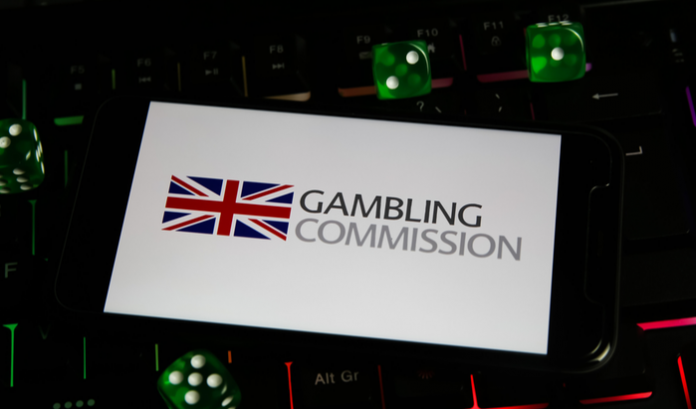Gambling With Lives has blasted UK Gambling Commission (UKGC) Chief Executive Andrew Rhodes for failing to engage with bereaved families of victims of gambling-related suicide.
The charity – that aims for wholesale reforms of the UK gambling industry – told the Daily Mail that Rhodes had made no attempt to engage with families of suicides related to gambling issues.
The Daily Mail labeled Rhodes as ‘the government’s gambling Tsar’, but revealed that he has yet to visit a single highstreet betting shop and just one casino during his first year in the role.
Rhodes was appointed Interim CEO of the UKGC last June, following the abrupt resignation of Neil McArthur over the staunch failings and subsequent criticism following the collapse of Football Index last March.
Last month DCMS named Rhodes as the permanent incumbent of the UKGC’s lead, charged with overseeing a busy period for the Commission including the Gambling Act Review and the Fourth National Lottery Licence Competition – which the Commission now finds itself in court over after a challenge by Camelot.
His appointment was welcomed all-round, deemed as non-bias and having no previous relationship with the gambling sector.
However, the Daily Mail’s article reported that Gambling with Lives CEO, Will Prochaska, who outlined concerns that Rhodes had “held regular meetings with CEOs of gambling companies and industry lobbyists, but hasn’t yet found the time to visit a betting shop where he would be able to witness the damage this industry does”.
Prochaska continued: “Someone takes their life because of gambling every day in England alone, and it should worry us all that the regulator of the industry that causes those deaths spends more time listening to industry CEOs than he does to those most harmed.”
The UKGC responded to criticism, stating that Rhodes’ interim schedule had been affected by the restrictions of the COVID-19 pandemic and that the CEO had a new programme of engagement for the next 12-months.
Furthermore, the Commission cited that Rhodes and his executive team were in constant engagement with groups representing betting customers and securing personal feedback from those with lived-experiences of gambling harm.
Addressing industry stakeholders at last December’s GambleAware Conference, Rhodes outlined that regardless of the White Paper recommendations, his department would take a tougher stance monitoring licensed gambling businesses.




























